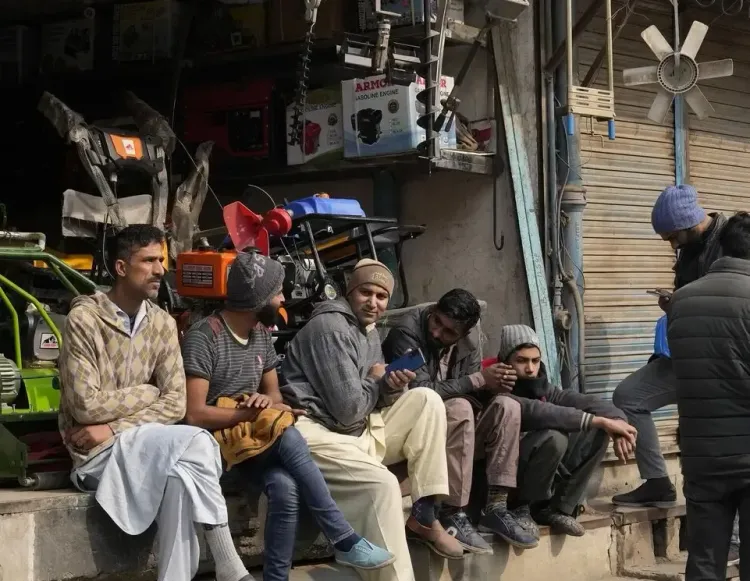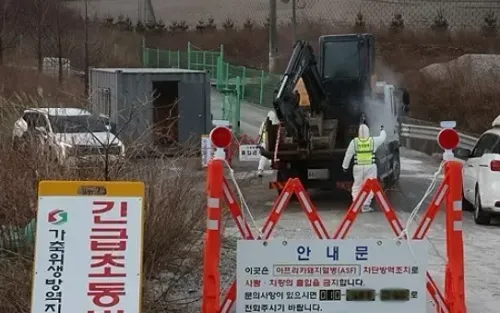Pakistan Faces 18-Hour Power Cuts During Ramadan, Disrupting Daily Life

Synopsis
Key Takeaways
- Power outages in Karachi exceed 18 hours.
- Ramadan rituals disrupted due to load shedding.
- Public protests against electricity and water shortages.
- Circular debt in the power sector reaches Rs2.6 trillion.
- Nationwide power outages affect 220 million people.
Karachi, March 13 (NationPress) Prolonged power cuts exceeding 18 hours in Karachi, Pakistan have been causing considerable distress to individuals during the sacred month of Ramadan, as reported by local news outlets on Thursday.
Residents have expressed that they are struggling with fasting, conducting their prayers, and managing daily tasks due to the extensive power outages and increasing temperatures, as highlighted by the prominent Pakistani newspaper, The Express Tribune.
The most affected individuals are primarily from the impoverished and middle-class segments across various parts of the city, enduring the harshest conditions due to the load shedding, which has rendered life exceedingly challenging.
Last month, Karachi experienced significant public protests against electricity shortages and water scarcity. Citizens rallied against prolonged periods without access to water and electricity.
Demonstrators set fires to tyres and obstructed roads, asserting that their electricity supply had been interrupted for four consecutive days.
In 2024, the Pakistan Institute of Development Economics (PIDE) indicated that the country's energy sector is facing a serious crisis.
PIDE experts noted, 'This crisis is a complex web of ongoing circular debt, poorly structured independent power producer (IPP) agreements, and outdated pricing models. Continuous power outages, unreliable service, rising tariffs, excessive dependence on non-renewable energy sources, and import reliance have worsened the situation. Pakistan's per capita energy consumption remains significantly below global benchmarks, with energy utilization being inefficient.'
They further pointed out that the governance framework within the power sector has contributed to the mess that has intensified over the years. The efficiency of power distribution firms is greatly affected by mismanagement, which is centralized at the ministry level.
The circular debt in the power sector has surged to Rs2.6 trillion. Unfortunately, policymakers often regard it primarily as a theft issue, according to a report from the country's leading daily, Dawn.
Karachi is not the sole city grappling with the crisis of power shortages. Numerous cities across Pakistan have been enduring this ongoing issue for an extended period.
In 2023, nationwide electricity outages in Pakistan left nearly 220 million individuals without power and cast several cities into darkness, according to local media reports.










